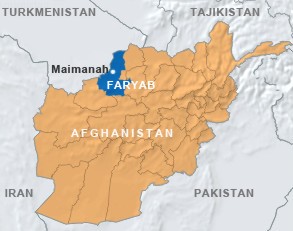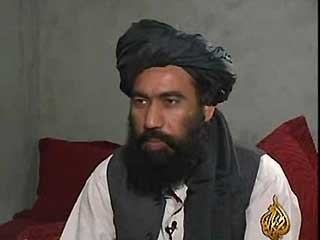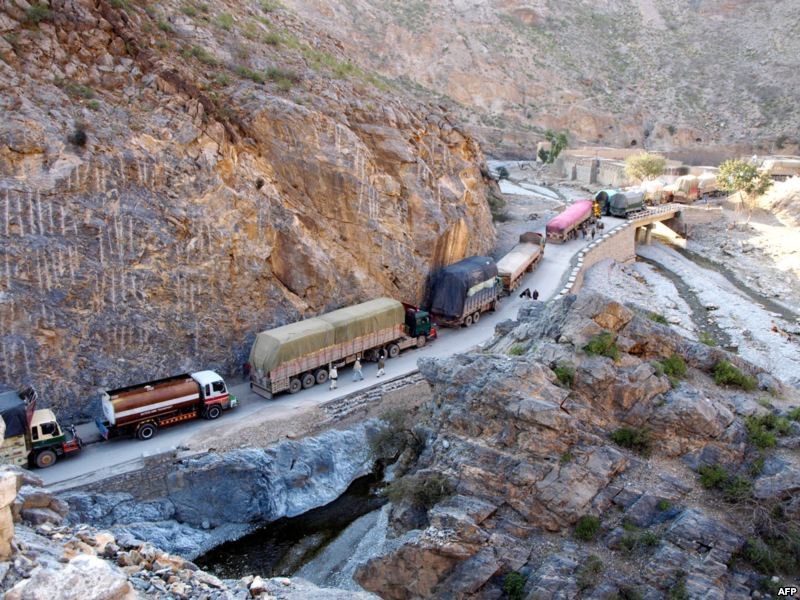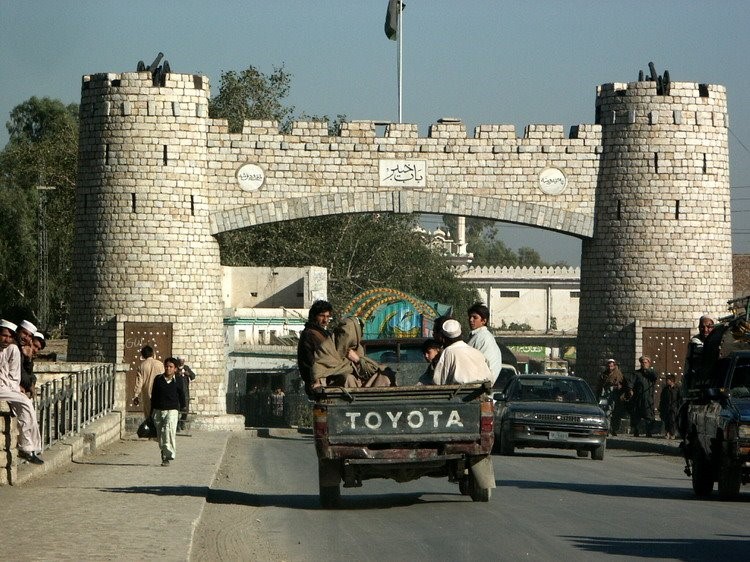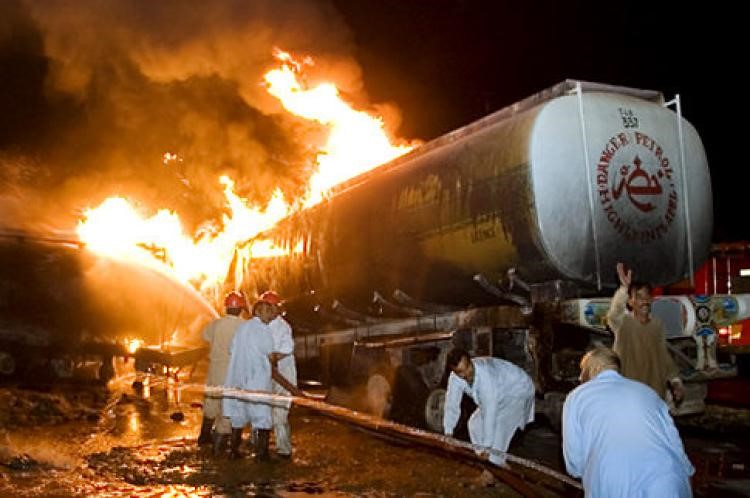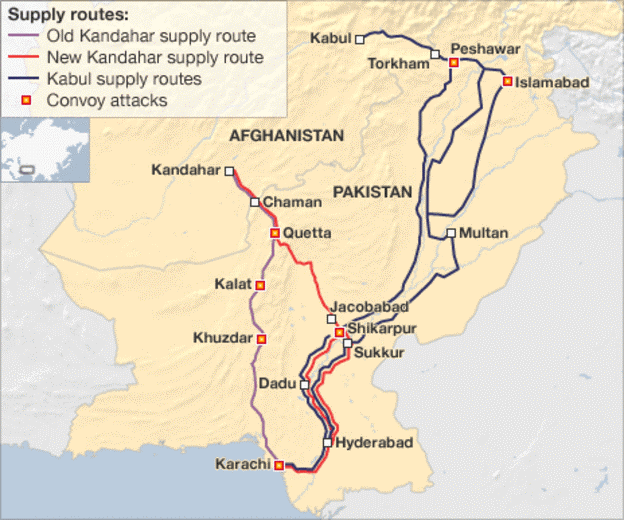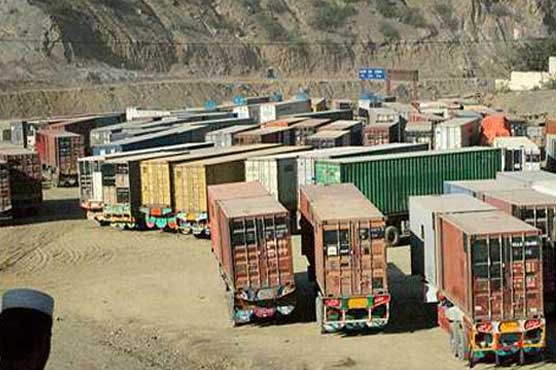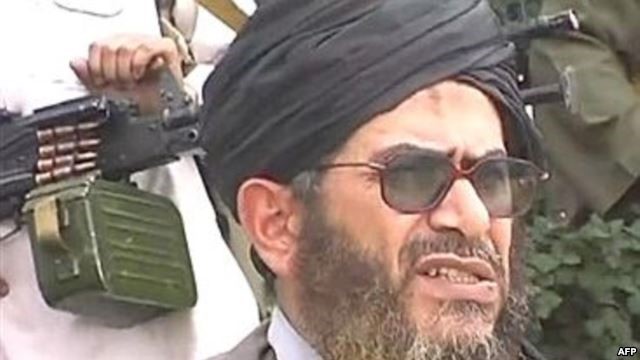Andrew McGregor
September 2, 2008
Conflicting accounts of a Taliban ambush of an elite French military unit in the Surubi district of Kabul Province on August 18 have raised new concerns about the future of France’s politically unpopular deployment in Afghanistan. Ten soldiers were killed and 21 wounded in one of the largest Taliban operations since the U.S. invasion of Afghanistan in 2001. The French troops were part of a fresh group of 700 soldiers committed by French president Nicolas Sarkozy to join over 2,000 French troops under International Security Assistance Force (ISAF) command. When the new French troops arrived they relieved two American battalions in the Kapisa region, a strategically important district near Kabul (France 24, July 25). A French officer described the French troops involved in the ambush as “experienced” and “combat-capable” (Le Figaro, August 20). Nevertheless, the Taliban made a political statement by targeting the new additions to the French ISAF contingent. The proximity of a major Taliban operation to Kabul has alarmed many within the capital, who point out that previous attacks within Kabul’s security belt have heralded the eventual fall of the city to insurgent forces (Cheragh [Kabul], August 21).
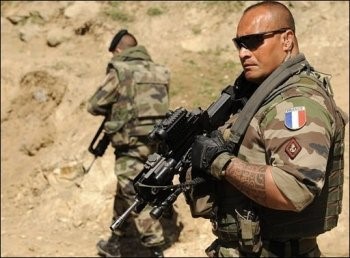 8e RPMIa in Afghanistan (Arnaud Guerin)
8e RPMIa in Afghanistan (Arnaud Guerin)
On August 18, 30 soldiers of the 8ème Régiment Parachutiste d’Infanterie de Marine (8th RPIMa – Airborne Infantry) and another 30 from the Régiment de Marche du Tchad (RMT) were tasked with reconnoitering the Uzbeen valley route between the Tagab district of Kapisa and the Surubi district of Kabul provinces. They were joined by two sections of Afghan troops and a unit of American Special Forces. Most of the French were carried in Armored Vanguard Vehicles (Véhicule de l’Avant Blindé – VAB), armored personnel carriers built by GIAT Industries.
Formed in 1951 for service in Indochina, the 8th RPIMa was dissolved after being virtually annihilated in the 1954 Battle of Dien Bien Phu, only to be revived in 1956 for service in the Algerian conflict. Since its relocation from Algeria to the French garrison town of Castres in 1963, the 8th RPIMa has been deployed in at least fifteen countries on various missions, including recent deployments in the first Gulf War, Cambodia, Kurdish northern Iraq, the Congo, Macedonia, Bosnia, and Kosovo. 500 paratroopers of the RPIMa were sent to Afghanistan in June and July.
“Marine” units like the 8th RPIMa are not comparable to the U.S. or British Marines; the name refers rather to the 19th century Ministère de la Marine which was responsible for French armed forces overseas, as opposed to the Metropolitan army, which came under the Ministry of War. The troupes de marine became troupes coloniales as part of the French Colonial Army in 1900 with a consequent change in the titles of the units involved, but the term “marine” was revived after the postwar collapse of the French empire to signify volunteer units designated for overseas service. The all-volunteer troupes de marine include infantry, light cavalry, artillery, and airborne infantry units.
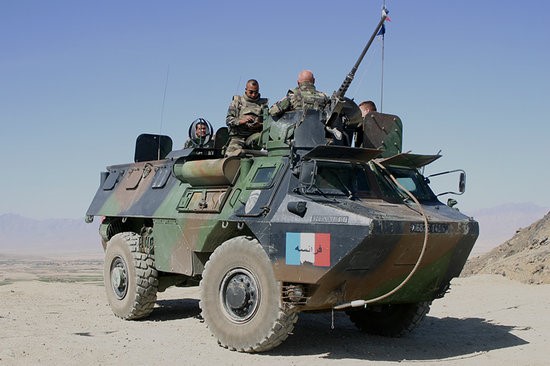 VAB of the Régiment de Marche du Tchad in Afghanistan (Ministére de la Défense)
VAB of the Régiment de Marche du Tchad in Afghanistan (Ministére de la Défense)
The Régiment de Marche du Tchad is a mechanized unit of the troupes de marine. Now based in France, the RMT was formed in 1943 from metropolitan soldiers serving in the Régiment des Tirailleurs Sénégalais du Tchad after rallying to the Free French cause during General Philippe Leclerc’s campaign in Chad. 450 members of the RMT were sent to Afghanistan in May; another 150 serve as peacekeepers in Lebanon (Le Parisien, October 20). The French force also included a small number of men from the 35ème Régiment d’Artillerie Parachutiste (35e RAP – Airborne Artillery Regiment).
The multinational force struggled through difficult terrain and extreme heat along a difficult and winding mountainous road in an area known for Taliban activity. Army chief of staff General Jean-Louis Georgelin described the ambush as “a well-organized trap” on “terrain that was extremely favorable to the enemy” (Le Monde, August 21). The ambush was launched at 3:30 PM after the paratroopers left their APCs to reconnoiter a pass on foot. As one survivor pointed out, the pass was nearly three hours out from the column’s starting point; “enough time for the Taliban to be warned by their accomplices of our arrival” (Le Monde, August 21). French General Michel Stollsteiner, ISAF commander in the Kabul region, stated; “In the past two weeks we had largely secured the zone but you have to be frank, we were guilty of overconfidence” (Reuters, August 25).
French press interviews with survivors of the ambush describe a rapid breakdown in command and communications, with Taliban marksmen taking down French soldiers at will. Among the first to be killed were the deputy section leader and the radioman of the advance unit. The warrant officer in command was shot in the shoulder. Soon afterwards the paratroopers’ radio communication with the RMT broke down. Heavily outnumbered, the French remained pinned down and under fire from small arms, machine guns and rocket launchers for four hours without reinforcements. Ammunition for all weapons other than their assault rifles ran out as the soldiers were unable to reach supplies still in their vehicles, although a VAB with a section from the 35e Régiment d’Artillerie Parachutiste in the rear of the column was able to deploy the vehicle’s machine gun and four 120mm mortars in support (La Depeche, August 21).
Some of the wounded alleged that their unit was hit by fire from their Afghan allies and NATO aircraft (Le Monde, August 21; AFP, August 21). Fire from A-10 Thunderbolts was directed by the American Special Forces while a pair of F-15 fighters passed through without using their weapons because the French and Taliban were too closely intertwined. An initial attempt by American helicopters to evacuate the wounded failed due to heavy fire. French EC725 Caracal helicopters arrived to provide fire support – one helicopter brought in a doctor and ten French commandos from the rapid reaction force in Kabul. A group leader from the rapid reaction force who arrived after a 90 minute drive through difficult terrain described the situation on his arrival; “We couldn’t see the enemy and we didn’t know how many of them there were. We started climbing, but after 20 minutes we started coming under fire from the rear. We were surrounded” (AFP, September 1). 81mm mortars also arrived with the reinforcements but helicopters were unable to evacuate the wounded until 8PM. Six hours after the ambush began, Taliban fighters began to break off, though many remained in the area, launching a last attack at 9AM the next day (La Depeche, August 24; Quotidien, August 21; AFP, August 21).
Despite official assurances that nearly all the casualties occurred in the first minutes of the ambush, other accounts suggested that four soldiers were captured before being killed by Taliban fighters (Telegraph, August 19; Independent, August 20). An investigative report by French weekly Le Canard enchainé claimed that the column’s interpreter disappeared only hours before the operation began, suggesting the French troops were betrayed either by the interpreter or by Afghan troops attached to the column. The report repeated the claim four French soldiers were captured and executed by the Taliban shortly after the ambush began (Le Canard enchainé; August 27).
During the rescue of the wounded, an armored car of the RMT overturned when the road collapsed and the vehicle fell into a ravine, killing a Kanak trooper from New Caledonia and injuring four others (Oceania Flash, August 20). A medic from the 2ème Régiment Etranger Parachutiste (Foreign Legion) was also killed after making several forays to bring in wounded comrades from the 8th RPIMa.
Unlike the first-hand accounts carried by the press, French Defense Minister Hervé Morin insisted that reinforcements were sent within 20 minutes and there were no indications of friendly fire (RTL, August 21). Pentagon and NATO spokesmen also denied having any evidence of such incidents. The Afghan Ministry of Defense stated that 13 Taliban fighters, including one Pakistani, were killed in the battle (Cheragh [Kabul], August 21). Some French officers claimed 40 to 70 militants were killed, but acknowledged finding only one body (AFP, September 1). Claude Guéant, general secretary of French president Nicolas Sarkozy, maintained “the majority of the assailants were not Afghans” (Reuters, August 23).
A Taliban statement entitled “New and Interesting Information on the Killing and Wounding of the French Soldiers in Surubi” claimed that hundreds of Taliban fighters using heavy and light weapons had overwhelmed a French infantry battalion of 100 men and 18 tanks (APCs?) and other military vehicles. The statement describes the infliction of “hundreds” of French casualties and the destruction of five tanks and eight other military vehicles before locals descended to loot abandoned French weapons (Sawt al-Jihad, August 22). The region in which the attack took place is considered a stronghold of Gulbuddin Hekmatyar’s Hezb-i Islami movement, which also issued a claim of responsibility for the attack (Afghan Islamic Press, August 19).
In the aftermath of the attack, French Foreign Minister Bernard Kouchner declared, “Nobody is thinking of leaving Afghanistan,” but added a few days later, “We need what is called ‘Afghanization’, that’s to say to pass responsibilities, all responsibilities, as quickly as possible to the Afghans” (AFP, August 21; Reuters, August 25).
The ambush and recent suicide attacks on American outposts reveal an escalation in the violence and effectiveness of Taliban attacks on Western forces in Afghanistan. Added to the steady attrition of NATO, ISAF and U.S. personnel, these new attacks are intended to remind the West that despite seven years of campaigning, the Taliban are as strong as ever. Since the ambush, the French deployment in Afghanistan has come under sharp criticism from the public, the press, and opposition politicians. The French public has never had a taste for involvement in Afghanistan, reflected in a recent Le Parisien opinion poll that showed 55% of respondents believe France should withdraw from Afghanistan. With Prime Minister François Fillon calling for a September vote in parliament on the future of the French military commitment to Afghanistan, President Sarkozy’s efforts to expand France’s role in that country may come at a considerable political cost.
This article first appeared in the September 2, 2008 issue of the Jamestown Foundation’s Terrorism Focus
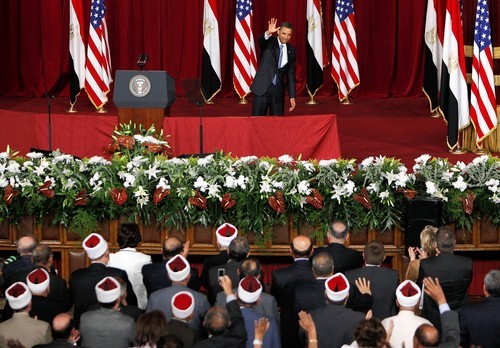 In a point-by-point deconstruction of the speech, the Afghan Taliban analyzed and condemned most of the material within the President’s address, which sought to lay a groundwork for repairing relations with the Islamic world:
In a point-by-point deconstruction of the speech, the Afghan Taliban analyzed and condemned most of the material within the President’s address, which sought to lay a groundwork for repairing relations with the Islamic world:
